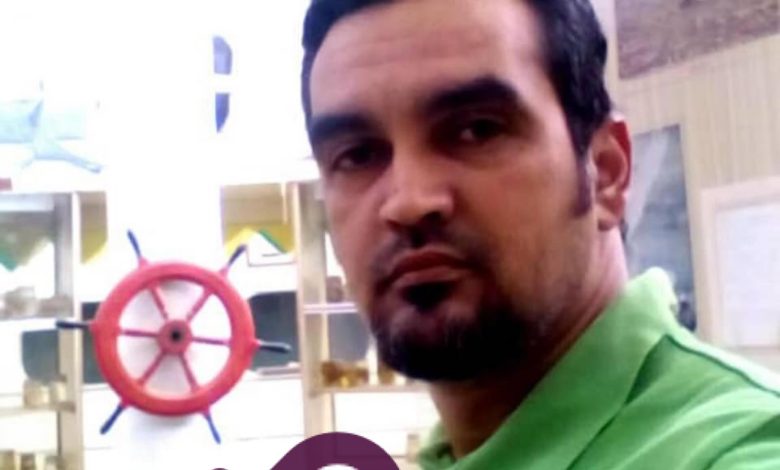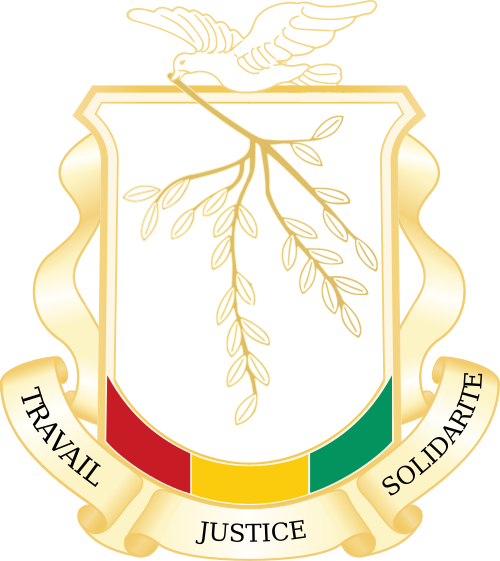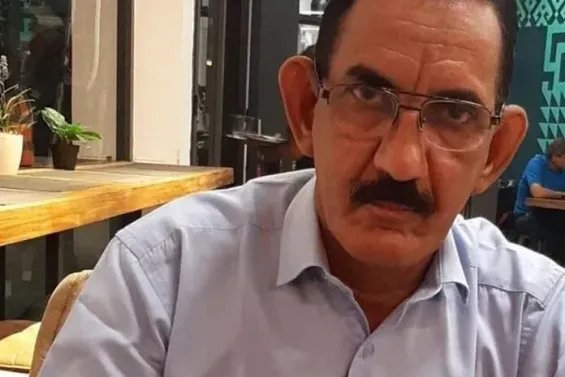On July 22, 2025, Mauritanian environmental activist Ali Ould Bakkar was arrested at his residence in Nouadhibou by the Mauritarian gendarmerie. His arrest followed a complaint filed by the Mauritanian Coast Guard, accusing him of fabricating and publishing false information that allegedly harms the reputation of the state, the country’s foreign relations, and national sovereignty.
Bakkar is accused of publishing information on his Facebook page about illegal fishing activities carried out by Turkish foreign vessels in restricted maritime area. The information he shared was described as false news because he allegedly used primitive tracking device which supposedly gave the activist incorrect information about foreign vessels entering territorial waters. The information he shared was perceived as creating an impression that the authorities concerned, including the Coast Guard, were negligent in protecting the territorial waters.
Speaking to the media, the activist’s father denounced the arrest as arbitrary, stating that it is part of a broader campaign targeting his son because the authotities accuse him (Bakkar) of conniving with supporters of former President Mohamed Ould Abdelaziz.
An account from his wife also suggests that Bakkar was allegedly presented with a compilation of all his writings over recent years and asked to apologise for everything he had published.
The Media Foundation for West Africa (MFWA) strongly condemns the activist’s arrest and detention, calls for his release without delay, and for an end to the harassment he is facing. The Mauritanian Constitution guarantees freedom of expression, not only for the media, but also for its citizens. If the authorities believe that the information Bakkar shared is false, they should use a rejoinder to provide their ‘factual information’ for the discerning people of Mauritania to make their own decisions.
The MFWA also calls on the authorities to immediately cease all attempts at forcing an apology from the activist for his previous write-ups. The authorities should simply resort to rejoinders to counter the supposed false publications of Bakkar with their ‘factual information’ and put an end to forcing the activist to apologise for his opinions expressed in his write-ups. The Mauritanian Constitution also guarantees freedom of opinion and of thought.






